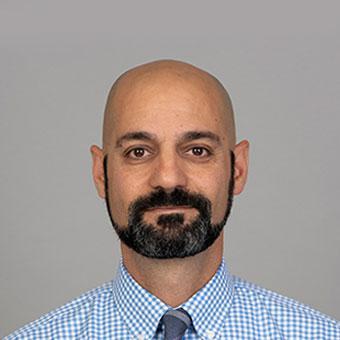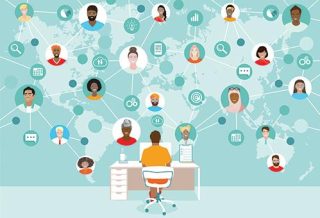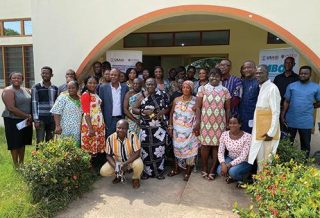DISTRICT PERSPECTIVE
Leading and learning for equity is a collective journey
By Nader Twal
Categories: Continuous improvement, Equity, Fundamentals, Implementation, Leadership, PersonalizationFebruary 2022
Read the remaining content with membership access. Join or log in below to continue.
Sed ut perspiciatis unde omnis iste natus error sit voluptatem accusantium doloremque laudantium, totam rem aperiam, eaque ipsa quae ab illo inventore veritatis et quasi architecto beatae vitae dicta sunt explicabo. Nemo enim ipsam voluptatem quia voluptas sit aspernatur aut odit aut fugit, sed quia consequuntur magni dolores eos qui ratione voluptatem sequi nesciunt. Neque porro quisquam est, qui dolorem ipsum quia dolor sit amet, consectetur, adipisci velit, sed quia non numquam eius modi tempora incidunt ut labore et dolore magnam aliquam quaerat voluptatem.
For more information
To learn more about the concepts in this column, listen to myPD Unplugged, the podcast about equity-centered professional learning hosted by Twal and his colleagues in Long Beach Unified School District in California. Each episode is accompanied by a discussion guide, which can be accessed by clicking on the episode’s webpage. The podcast is available on all major podcast streaming services.
References
Kennedy, R.F. (1966, June 6). Day of Affirmation address, University of Capetown, Capetown, South Africa [Speech transcript]. John F. Kennedy Presidential Library and Museum. www.jfklibrary.org/learn/about-jfk/the-kennedy-family/robert-f-kennedy/robert-f-kennedy-speeches/day-of-affirmation-address-university-of-capetown-capetown-south-africa-june-6-1966

Nader I. Twal is a program administrator in the Long Beach Unified School District’s Office of Curriculum, Instruction, and Professional Development.
Categories: Continuous improvement, Equity, Fundamentals, Implementation, Leadership, Personalization
Recent Issues
WHERE TECHNOLOGY CAN TAKE US
April 2024
Technology is both a topic and a tool for professional learning. This...
EVALUATING PROFESSIONAL LEARNING
February 2024
How do you know your professional learning is working? This issue digs...
TAKING THE NEXT STEP
December 2023
Professional learning can open up new roles and challenges and help...
REACHING ALL LEARNERS
October 2023
Both special education and general education teachers need support to help...










